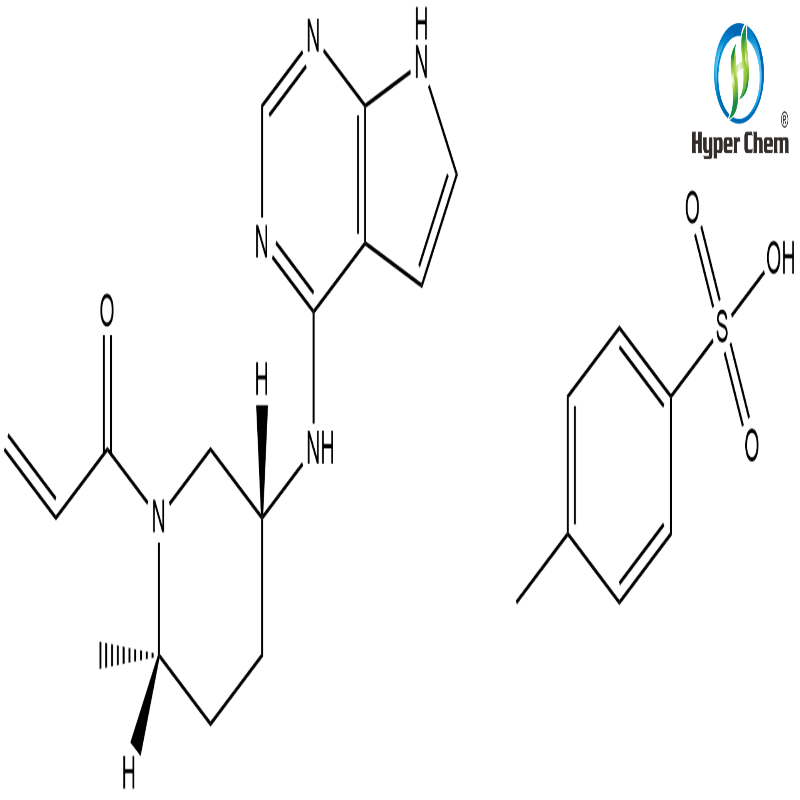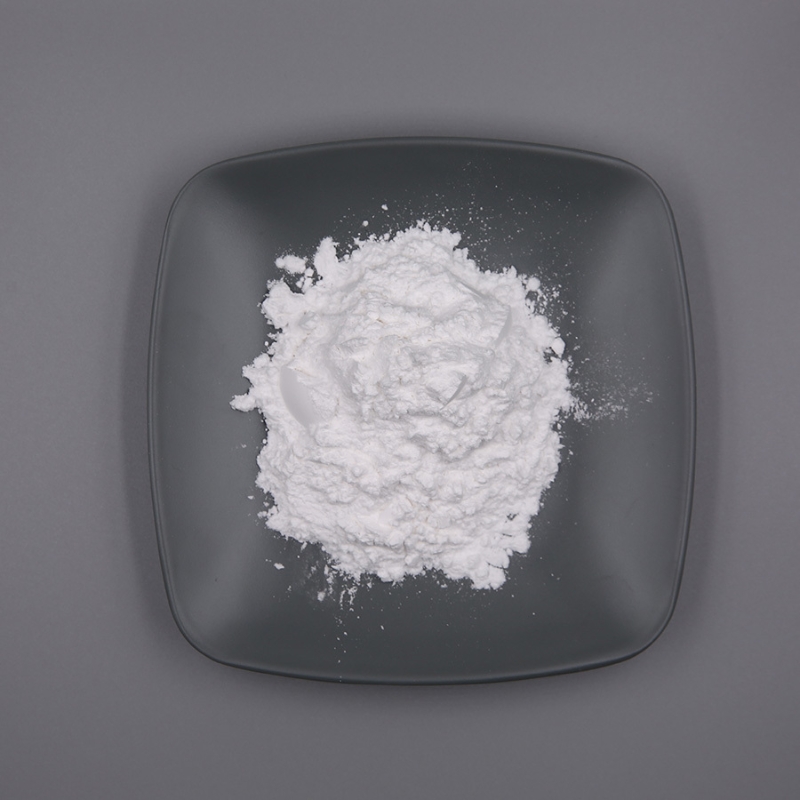Another way to bet on autoimmune diseases, CD19 antibody Inebilizumab in the United States approved.
-
Last Update: 2020-07-20
-
Source: Internet
-
Author: User
Search more information of high quality chemicals, good prices and reliable suppliers, visit
www.echemi.com
Recently, viela bio announced that FDA approved its CD19 monoclonal antibody inebilizumab for the treatment of neuromyelitis optica spectrum disorders (nmosd).this is the first FDA approved new drug for viela bio.in May 2019, viela bio and hausen pharmaceutical signed a US $220 million agreement, and hausen was authorized by inebilizumab in China to treat nmosd and other autoimmune diseases and hematological malignancies.09 October, Viela Bio also worked with MITSUBISHI Tien Bian pharmaceutical company, focusing on Inebilizumab in Asia (except Chinese mainland) NMOSD and other potential indications, and is expected to approve NMOSD in Japan in 2021.viela bio, a new biopharmaceutical company, was separated from MedImmune, a global biopharmaceutical research and development organization of AstraZeneca in February 2018, and has become an independent new biopharmaceutical company focusing on the treatment of inflammation and autoimmune diseases.two rounds of financing, a total of 325 million US dollars.and was listed on October 3, 2019 with an IPO of US $150 million.there are mainly three drugs in the clinical pipeline of viela bio product research and development. In addition to inebilizumab, there are also CD40 and il17 antibodies to carry out corresponding clinical trials of autoimmune diseases (see Figure 1 for details).Table 1 financing of viela bio Figure 1 key clinical trial data of the viela bio R & D pipeline (from vielabio's official website) inebilizumab, which was approved based on the positive results of a randomized, double-blind, placebo-controlled key trial n-momentum (nct02200770) in patients with neuromyelitis optica spectrum disorders (nmosd).the n-momentum trial reached the primary endpoint, significantly reducing the risk of nmosd attack. The key efficacy results were as follows: after 28 weeks of randomized treatment, inebilizumab reduced the risk of nmosd attack by 77% compared with placebo in patients with AQP4 IgG seropositivity (HR: 0.227; P & lt; 0.227; P & lt; 1); In the total patient population treated with inebilizumab (including AQP4 IgG seronegative patients), the impact of inebilizumab and placebo on seizure risk was similar (73%) (HR: 0.272; P & lt; 0.0001). At the end of the randomized control period, about 89% of AQP4 IgG seropositive patients treated with inebilizumab had no seizures, compared with 58% in the placebo group.as a drug for CD19 antibody, inebilizumab was initially launched by MedImmune LLC. because of its new approach, its first indication was not conventional blood tumor. Now it has successfully obtained the nmosd marketing license approved by FDA, and has also started clinical exploration of other indications.the whole R & D process of inebilizumab is listed in Table 3 below.Table 3: research and development of inebilizumab. Nmosd is a rare, serious, recurrent neuroinflammatory autoimmune disease, which can cause damage to the optic nerve, spinal cord and brain stem.nmosd usually leads to irreversible blindness and paralysis.in the most serious cases, the above damage may occur in only one attack.patients may also experience loss of sensation, bladder and bowel dysfunction, accompanied by neuralgia and respiratory failure, with each subsequent attack leading to further damage and disability.as of 2016, approximately 10000 people in the United States had nmosd.these patients can be previously treated with immunosuppressants, steroids and rituximab, but these drugs can cause adverse side effects and lead to treatment interruption.therefore, there is a huge unmet treatment demand for the majority of nmosd patients.CD19 is a cell surface molecule widely expressed on B cells. Inebilizumab causes B cell depletion by binding with CD19.this consumption prevents the auto reactive B cells from differentiating into antibody secreting plasmablasts and plasma cells, which may reduce the production of pathogenic autoantibodies and thus reduce the autoimmune response.Fig. 2 the action diagram of inebilizumab (early development code: medi-551) (picture source: vielabio official website) CD19 antibody research and development pipeline overview in recent years, the drug research and development of targeting CD19 has become increasingly hot, mainly divided into two categories.one is car-t cell therapy targeting CD19.this is the most successful and widely used cell therapy.the indications are leukemia and lymphoma.the reason why CD19 was chosen as a target was that it was frequently expressed in B cells, and its expression level was much higher than other potential targets such as CD20 and CD22.in addition to car-t cell therapy, there are also monoclonal antibodies against macromolecules. The inebilizumab approved this time belongs to this category. Some of the CD19 monoclonal antibodies currently under development are summarized in the small edition, as shown in Table 4 below.Table 4 the research and development pipeline of monoclonal antibodies targeting CD19 protein (part) can be seen from the table that the approved inebilizumab has a new way. Firstly, the research and development field is focused on autoimmune diseases, which is quite different from other CD19 antibody research and development fields.through a clinical trial of 231 people, it was approved by FDA and was the first to enter the market.like inebilizumab, the first drug to focus on autoimmune diseases is xmab5871, whose R & D company is xencor, Inc. currently, the fastest clinical trial is in phase II, expecting good clinical results.summary inebilizumab started the clinical trial and took about 6 years to approve the market. Although it is not the fastest drug approved in history, its process of opening up and listing is worth learning from domestic pharmaceutical people.began to select indications different from similar targets, optimize the clinical program, pay attention to the conference disclosure and carry out the publicity of clinical efficacy, actively look for partners and expand their influence.the most important thing is to finally develop a truly effective drug for patients with neuromyelitis optica spectrum disorders (nmosd). and follow-up attention to other autoimmune diseases, expand the clinical value and social value of drugs. Yaodu app "new play of points" company enjoys the database super value authority! Why Cinda and Roche are infatuated with bispecific antibodies? In May 2020, China's class 1 new drug clinical dynamic scan two-dimensional code, purchase books, and immediately unlock your palm professional tools!
This article is an English version of an article which is originally in the Chinese language on echemi.com and is provided for information purposes only.
This website makes no representation or warranty of any kind, either expressed or implied, as to the accuracy, completeness ownership or reliability of
the article or any translations thereof. If you have any concerns or complaints relating to the article, please send an email, providing a detailed
description of the concern or complaint, to
service@echemi.com. A staff member will contact you within 5 working days. Once verified, infringing content
will be removed immediately.







